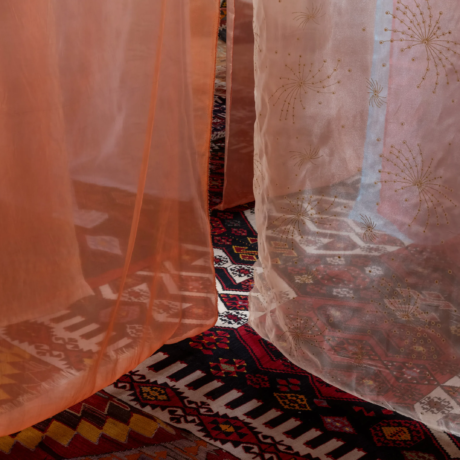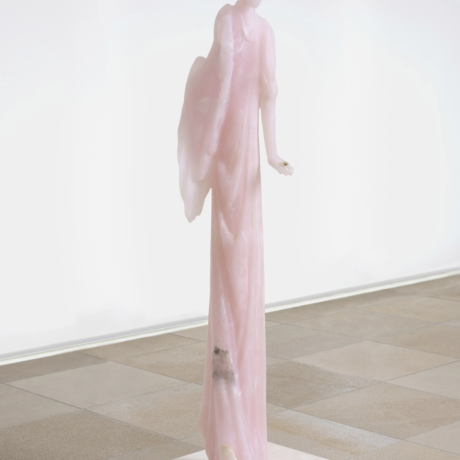Who Is Beijing Silvermine?
Thomas Sauvin, archivist and found-photography artist, is the curious mind behind Beijing Silvermine, a mammoth collection of more than 850,000 negatives saved from a recycling plant on the edge of Beijing. Together, they constitute a remarkable history of China, offering a previously unseen slice of everyday life—by and of the people. These domestic images proliferated with the introduction of accessible analogue photography in the mid-eighties, as regular families and couples began to make use of point-and-shoot cameras en-masse. But with the rise of digital technology, these previously treasured negatives were sent to the dump. Sauvin has been salvaging them by the kilo for a decade, building an alternative portrait of the cultural revolution and a nation in flux.
Why Should You Follow?
Follow Beijing Silvermine for the social history, sure, but many of Sauvin’s 95,000 followers (and counting) are undoubtedly here for more than an education: they’re here for the lols. You will find garish holiday snaps in any number of obscure theme parks, candid mealtime shots and more than a few spit-your-tea out moments—from novelty beer bottles to angry babies. These assorted snaps range from the touching to the hilarious, revealing the enduring power of the personal.
As Sauvin pointed out in an interview with Elephant in 2017, “Foreigners have a passionate relationship with China. There are two extremes: the ones who love China for calligraphy, for tea, for mountains, and the ones who hate it, and are obsessed with corruption, pollution, Tibet and Ai Weiwei. It’s a very extreme way to depict China but this is the image of China that’s imported to the West. It dehumanizes the country and the people.” With Beijing Silvermine, he seeks to give back some of that humanity.
What Instagram Doesn’t Tell You
Since 2012, Sauvin has been grouping images that repeat thematically across the archive to turn them into series. A particularly memorable example sheds light on an unusual modern Chinese tradition: smoking at weddings. Titled Until Death Do Us Part, the series shows newlyweds performatively lighting up, with the occasional multi-cigarette bong making an appearance too. There’s even a photograph of a baby with a cigarette in his mouth, held proudly by his mother.
A popular cigarette brand in China is named Double Happiness, and packets are offered at weddings because of the lucky combination of characters in the name, symbolizing longevity and love for the newlyweds. “It brings focus to a tradition that the Chinese had forgotten about—and that wasn’t yet known in the West. I thought it was a good thing to show,” Sauvin explains. The same could be said of Beijing Silvermine as a whole, bringing life in China to a wider public and giving an altogether different perspective on a country so often defined by its politics.





